Search
Remove Ads
Advertisement
Summary 
Loading AI-generated summary based on World History Encyclopedia articles ...
Search Results
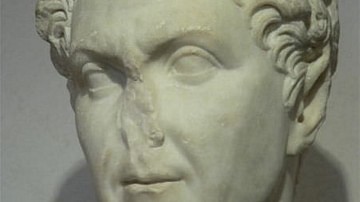
Article
Sulla's Reforms as Dictator
Lucius Cornelius Sulla (l. 138 - 78 BCE) enacted his constitutional reforms (81 BCE) as dictator to strengthen the Roman Senate's power. Sulla was born in a very turbulent era of Rome's history, which has often been described as the beginning...

Article
Caesar As Dictator: His Impact on the City of Rome
Gaius Julius Caesar (100-44 BCE) first assumed the role of dictator in 49 BCE, however, once he had secured his election as consul for the following year, he resigned after 11 days. After defeating Pompey at the Battle of Pharsalus in 48...
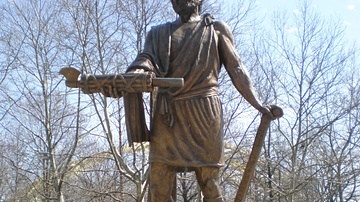
Definition
Cincinnatus
Lucius Quinctius Cincinnatus was a Roman consul (460 BCE) and dictator (458 and 439 BCE), a legendary figure in the early days of the Roman Republic. He responded to a call from the city fathers, left his plow lying in the fields, donned...
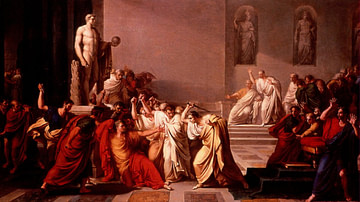
Article
The Assassination of Julius Caesar
Veni, vidi, vici! This was the simple message the Roman commander Julius Caesar sent to the Senate in Rome after a resounding victory in the east against King Pharnaces of Pontus - a message that demonstrated both arrogance as well as great...

Definition
Camillus
Marcus Furius Camillus (c. 445/446-365 BCE) was the first great general of the Roman Republic to also prove himself an able administrator and honorable politician. He was chosen as dictator five times, celebrated four triumphs, and was hailed...
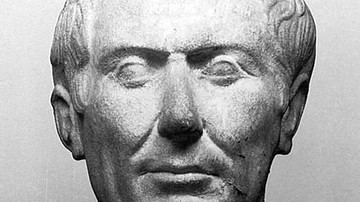
Definition
Julius Caesar
Gaius Julius Caesar was born 12 July 100 BCE (though some cite 102 as his birth year). His father, also Gaius Julius Caesar, was a Praetor who governed the province of Asia and his mother, Aurelia Cotta, was of noble birth. Both held to the...
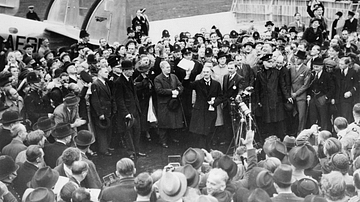
Definition
Munich Agreement
The Munich Agreement, signed on 30 September 1938 at the Munich Conference attended by the leaders of Britain, France, Italy, and Germany, handed over the Sudetenland of Czechoslovakia to Germany in the hope that this act of appeasement would...
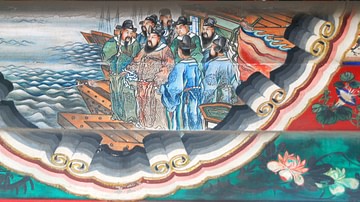
Definition
Cao Cao
Cao Cao (c. 155-220 CE) was a military dictator in ancient China during the end of the Han dynasty. Something more than a mere warlord, Cao Cao supported a puppet emperor and governed a large area of northern China. His attempts to unify...
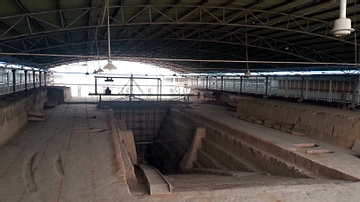
Image
Tomb of Cao Cao
The entrance ramp to the tomb excavated near Xigaoxue in Henan province which Chinese authorities claim as the tomb of the military dictator Cao Cao (c. 155-220 CE).

Definition
Roman Republic
In the late 6th century BCE, the small city-state of Rome overthrew the shackles of monarchy and created a republican government that, in theory if not always in practice, represented the wishes of its citizens. From this basis the city would...